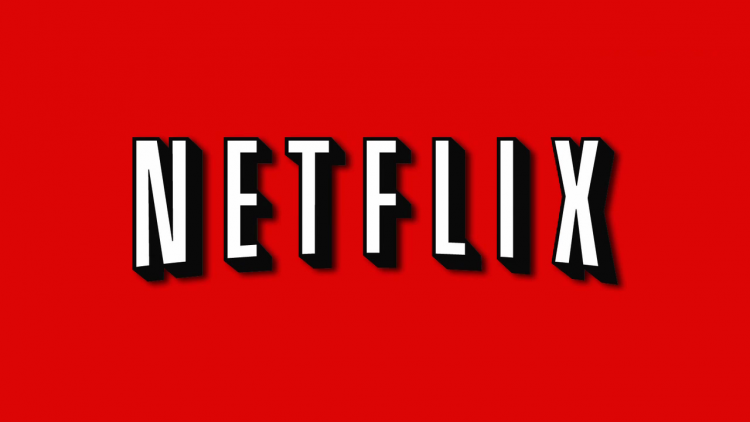Over 90 anime producers are pointing their fingers at Netflix for their practice of not paying royalties regardless of an anime’s success on their streaming network. This isn’t the first time this has happened but these complaints have resurfaced in a new report from the Association of Japanese Animations.
The list consists of 40 full members and 52 associate members who submitted the report to the Agency for Cultural Affairs. The ACA conducted a hearing with stakeholders on the topic of compensation in the digital transformation era. While Netflix was the main distributor cited in the report, the discussions pertained to all digital distributors.
The Association of Japanese Animations was quoted as saying:
The global distribution provider is] only willing to pay licensing fees as flat fees (moreover, payment is reluctant, and [highlighted in red] during the contract period, payment is conditioned on installments, e.g. quarterly payments over 4 years).” It continued, “Even if the work becomes a hit on that service, rights holders get no additional distribution. In many cases, sufficient marketing data such as viewer demographics is not disclosed. Due to the flat fee structure, rights holders cannot conduct royalty audits.
Netflix spoke on its business model during its Q3 earnings call and stated the following:
Look, we like our model and talent likes our model. It’s so much more impactful for our business if we can make our films, our shows just a little bit better, so much more impactful than making them a little bit cheaper. Bela [Bela Bajaria – Chief Creative Officer, Netflix] said this very clearly a couple of weeks ago to all the talent agencies. We’re not changing our compensation structure.
He added, “Paying upfront, something that Netflix actually pioneered, benefits creators and it benefits Netflix. So for creators, Netflix takes all the financial risks so that they can focus on making the best possible version of what they’re working on. And for Netflix, that model enables us to attract the best talent in the world. Now with all that said, we have been and we continue to be and we are open to more bespoke deals where talent is interested. Now they rarely happen because typically the talent chooses the upfront model. So we think that we have the right model, and we are not looking to change it.”
One of the arguments made in Netflix’s case is that while they do try to avoid paying royalties, they make up for it by paying higher-than-normal licensing fees. Whether or not that will continue to be the case going forward remains to be seen but for now, it doesn’t look like Netflix is going to be changing its policies.
Source: CBR


